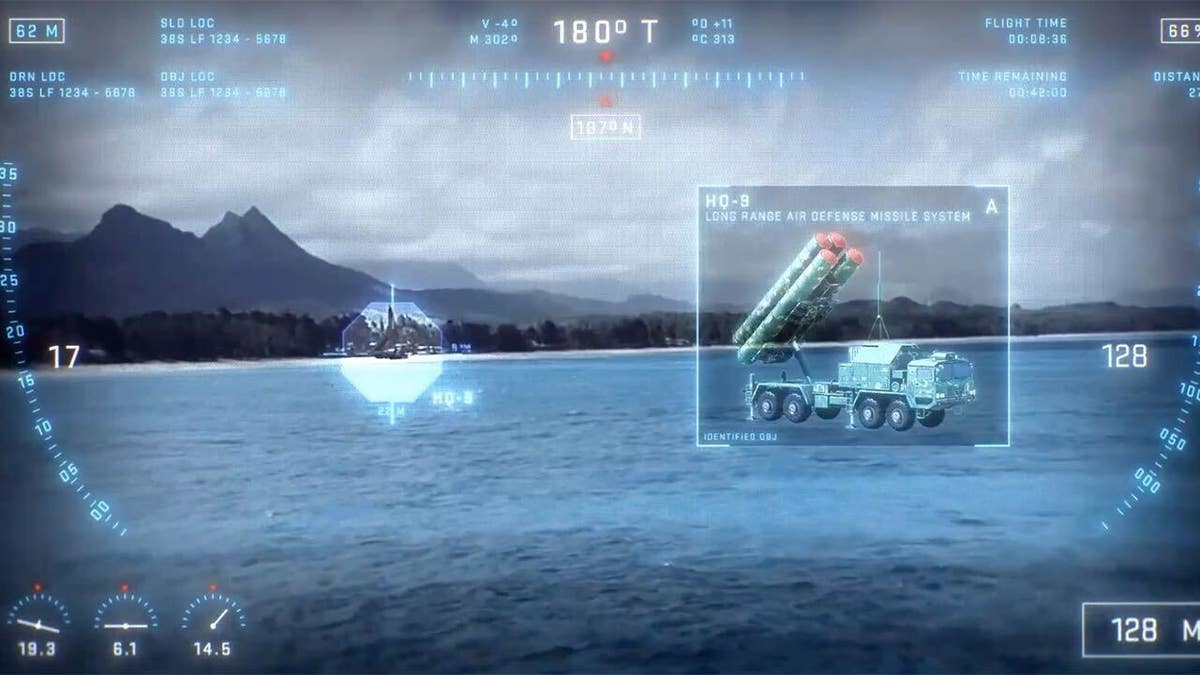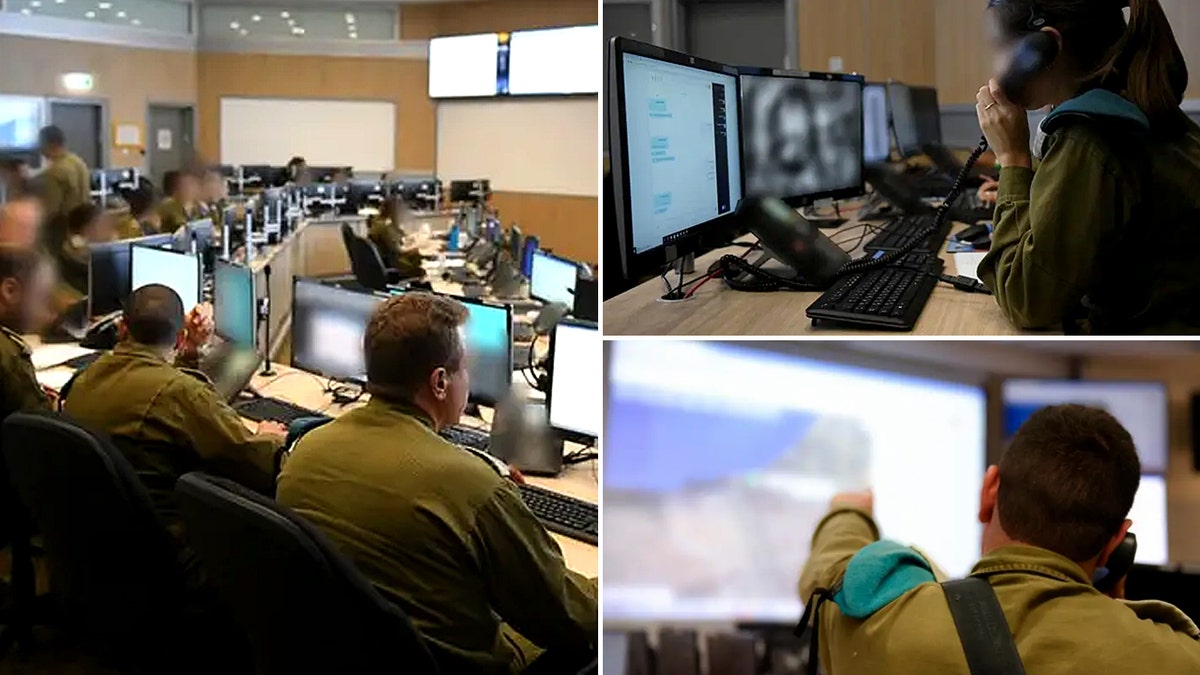The U.S. State Department this week will convene the first meeting of signatories to an artificial intelligence (AI) agreement, focusing on military applications as the first item of international interest.
“It is commendable that the State Department is continuing to push forward on the discussions concerning ethical use of AI in military applications,” Mark Montgomery, senior director of the Center on Cyber and Technology Innovation for the Foundation for the Defense of Democracies, told Fox News Digital.
“I do not try to read too much into this, as it is basically a voluntary grouping of a hodgepodge of nations. This is about information sharing not policymaking. Most clearly, the countries whose military applications of AI should worry us the most are not present.”
The U.S. got 53 nations to sign the Political Declaration on Responsible Military Use of Artificial Intelligence and Autonomy last year, with several notable nations missing — China, Russia, Saudi Arabia, Brazil, Israel and India, among others.
US-LED RESOLUTION SEEKS INTERNATIONAL AI POLICY TO END POVERTY AND HUNGER

The Air Force showcases how artificial intelligence will help the military dominate airspace. (Fox News)
Of those signatories, 42 will attend this week’s conference. Over 100 participants from diplomatic and military backgrounds will discuss every military application of AI that has surfaced over the past few years.
“We really want to have a system to keep states focused on the issue of responsible AI and really focused on building practical capacity,” a senior State Department official told Breaking Defense.
The State Department wants this week’s conference to serve as the first in a series that will continue as long as needed, with signatories returning each year to discuss the newest developments.
WHAT IS ARTIFICIAL INTELLIGENCE (AI)?
Between those meetings, the department encourages signatories to meet and discuss new ideas or practice war games of new AI technology, “anything to build awareness of the issue and take concrete steps” toward implementing the declaration’s goals.

Officers utilize a range of information and artificial intelligence to process it and identify and locate targets. (IDF spokesperson unit)
“We value a range of perspectives, a range of experiences, and the list of countries endorsing the declaration reflects that,” the official said. “We’ve been very gratified by the breadth and depth of the support we’ve received for the Political Declaration.”
The use of AI in warfare and international security remains the chief concern, ahead of disinformation concerns or job displacement. Bonnie Jenkins, the undersecretary of state for Arms Control and International Security Affairs, discussed the topic during a recent address at the Georgia Institute of Technology.
OPINION: HERE’S HOW AI WILL EMPOWER CITIZENS AND ENHANCE LIBERTY
“Championing the safe, secure and trustworthy development and use of AI has been a driving cause for the Biden administration, and for good reason,” Jenkins said.

The U.S. Air Force is testing jets that can fly with artificial intelligence. (CyberGuy.com)
“While AI has the potential to do profound good — to help transform modern medicine, to improve agricultural practices, to address global food insecurity and to stymie the effects of climate change — it also has the potential to cause profound harm.
CLICK TO GET THE FOX NEWS APP
“Even in the hands of a well-meaning actor, without the appropriate guardrails, AI can compound threats, intensify conflict and disrupt the global security environment,” Jenkins warned. “We cannot predict how AI will evolve or what AI might be capable of in five years.
“However, we do know that there are steps we can take in the meantime to implement necessary policies and to build the technical capacities to enable responsible development and use, no matter the technological advancements.”






